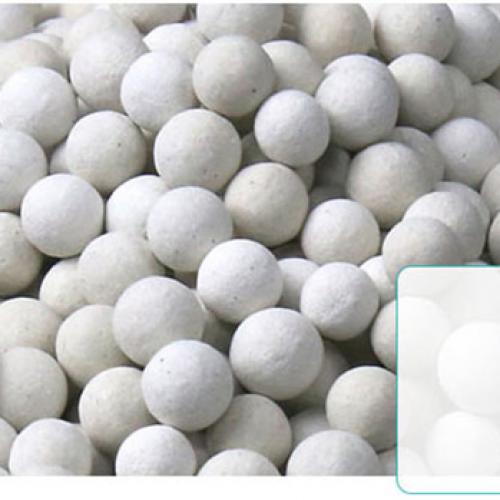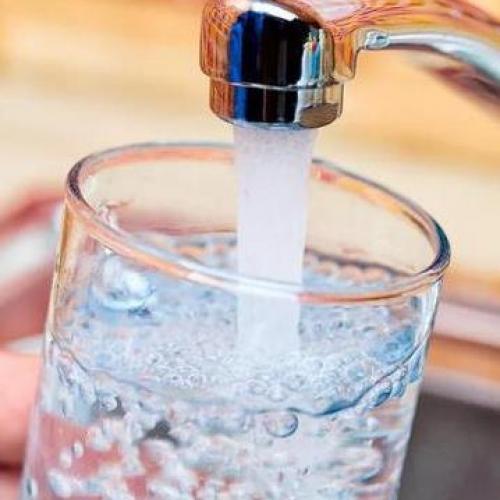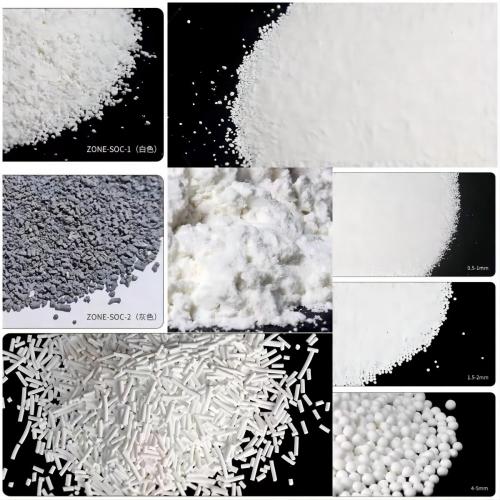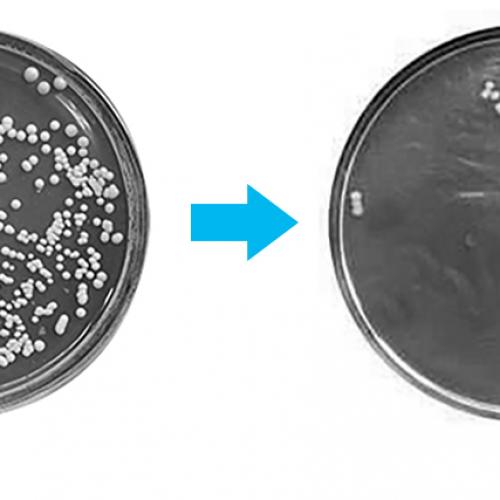Dangers of chlorine in drinking water
Update time: 23-12-21 Views: 499
Dangers of chlorine in drinking water
Drinking water is a necessity for human life, but the quality of drinking water also directly affects human health. In order to ensure the health and safety of drinking water, water plants usually add chlorine or chlorine dioxide during the water treatment process to kill bacteria and viruses in the water. However, this disinfection method also brings some potential risks, because chlorine reacts with organic substances in the water and produces some harmful by-products, such as trihalomethanes, chloroform, etc. These substances are carcinogenic and toxic, and long-term drinking contains These substances in water may increase the risk of cancer and other diseases.
According to the World Health Organization (WHO), about 140,000 people die every year around the world from carcinogens such as trihalomethanes in drinking water. The U.S. Environmental Protection Agency (EPA) also points out that people who drink chlorinated tap water have a 93% higher risk of cancer than people who drink non-chlorinated water. In addition, chlorine disinfectant water will also destroy the beneficial flora in the human intestine and affect the functions of the digestive and immune systems. Some scientists have also found that chlorine disinfectant is associated with food allergies, dermatitis, heart disease, reproductive problems, etc.





